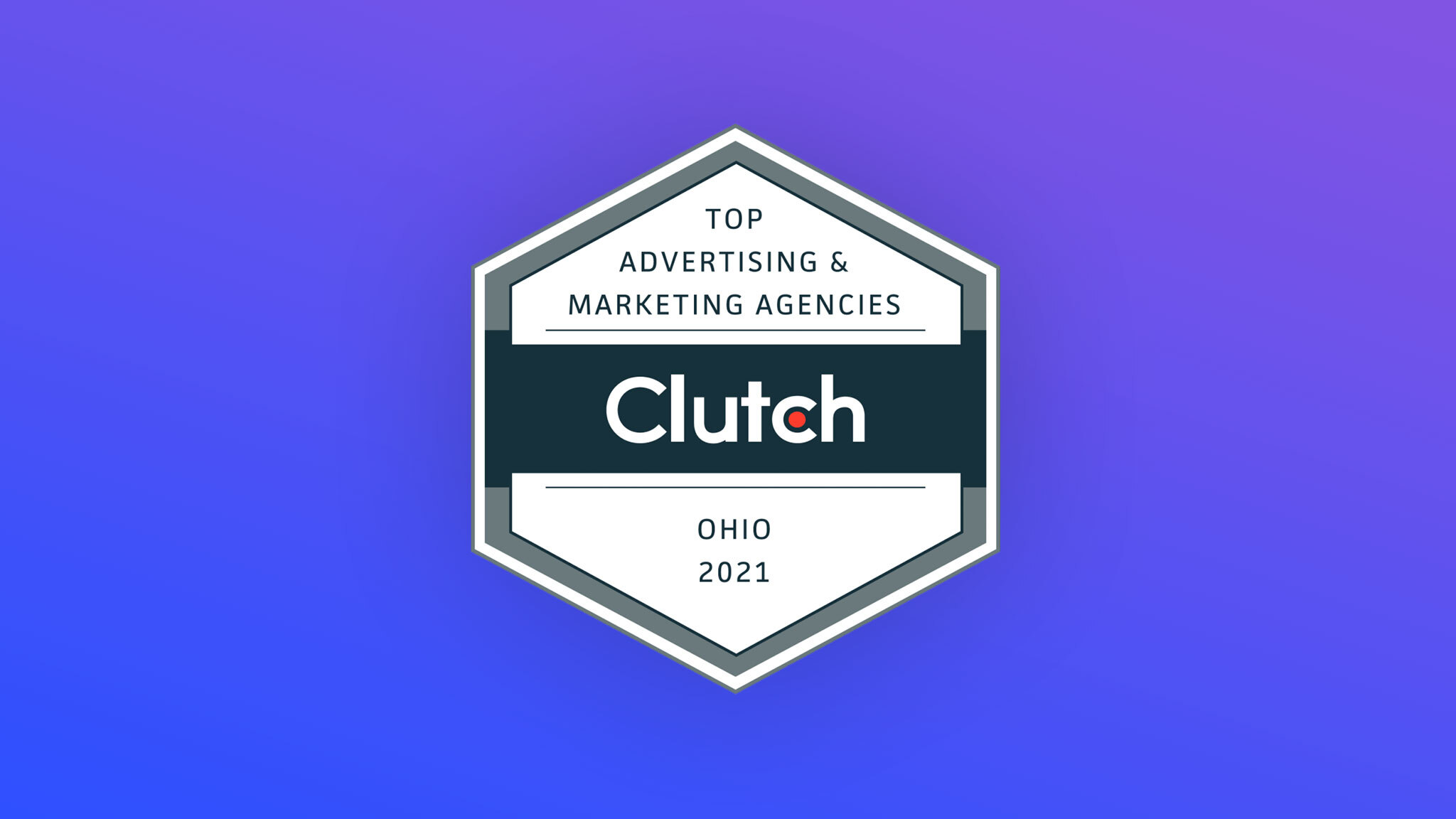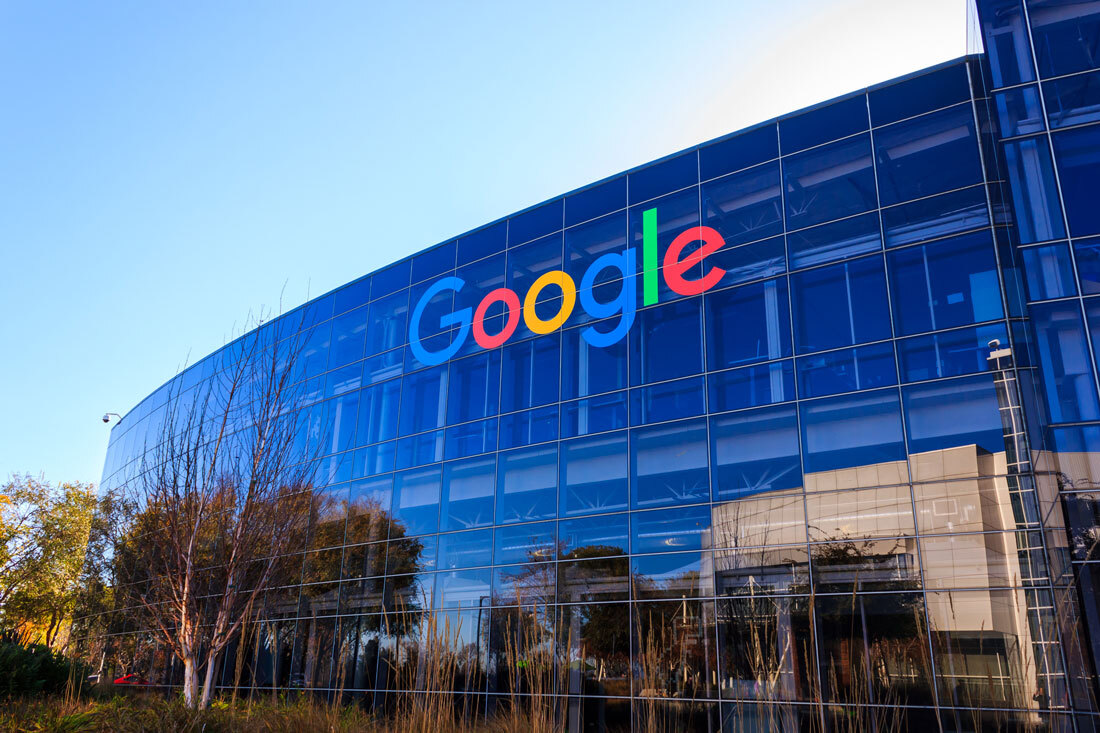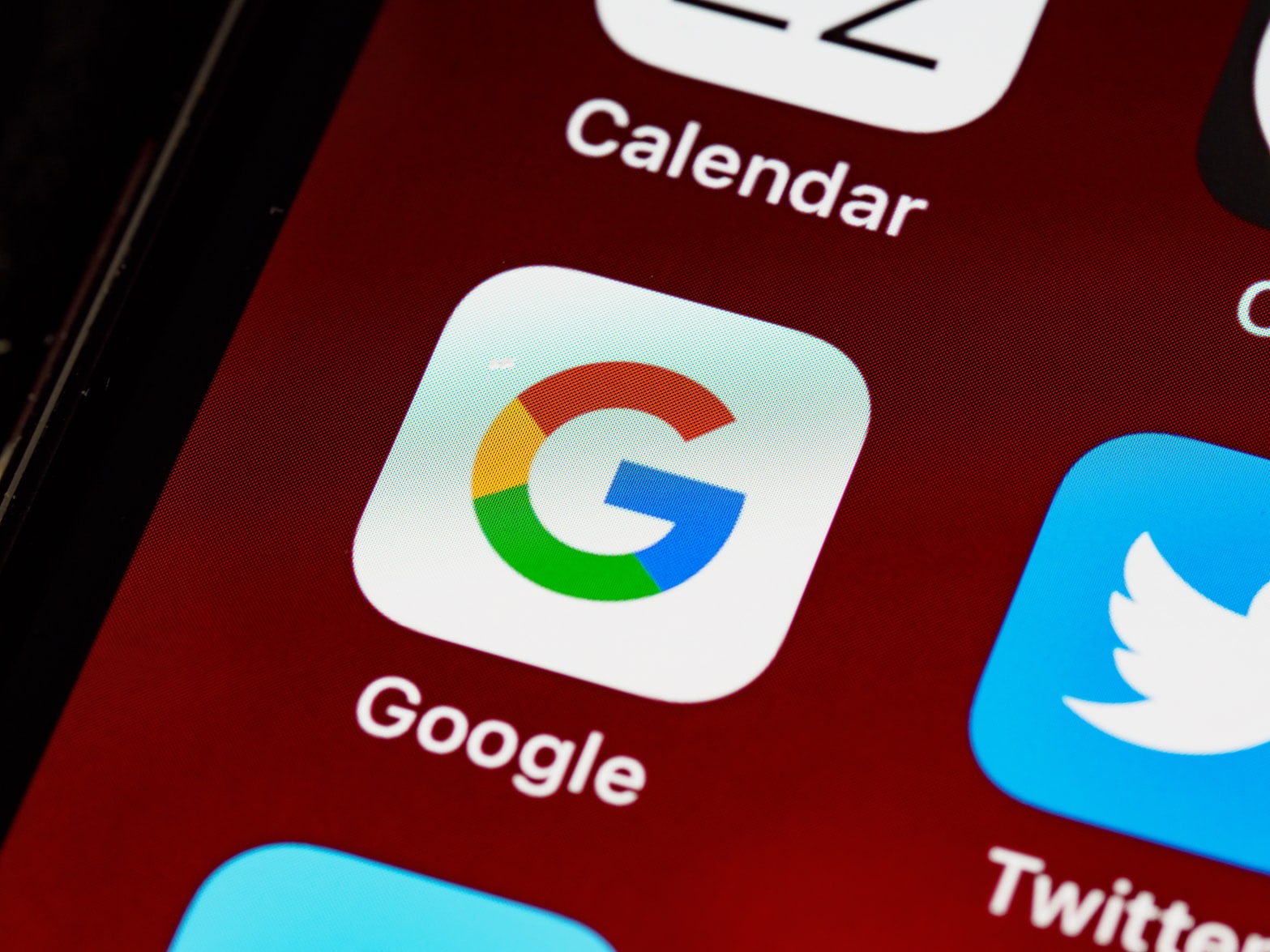By OppGen
On May 27, 2021, Google’s annual marketing livestream aired, and with it came a lot of promising updates for the world of digital marketing.
If you missed the livestream, don’t worry — you can register to watch the keynotes and other sessions on demand.
But if you don’t have the time to sit through hours of video, that’s not a problem, either, because we’re recapping the most important updates to Google marketing that were announced during the livestream. If you have any questions about the livestream or anything else, contact us today.
Our main takeaways from #GML2021 were:
- Automation continues to be the cornerstone of Google’s innovation moving forward. With new products, like Performance Max, your customer journey will become more in focus to differentiate your business.
- Data measurement and privacy are a key focus for Google in order to protect consumers, provide clarity, and improve performance attribution.
- Expanding reach, across all Google properties, will become increasingly easier for advertisers.
1. Customer Match Access is Now Available for (Almost) All Advertisers
Google is committed to opening its customer data to nearly all of its advertisers, enabling most advertisers to utilize first-party data (i.e., name, email, address, and phone number) in a privacy-safe platform called Google Match.
Customer Match lets you use both online and offline data to reach your customers across Google Ad channels, including:
- Search
- Shopping
- Gmail
- YouTube
- Display
Customer Match works by letting you upload a list of customers you have compiled. Then, you’ll create (or update) a campaign to target the customers on the list. When these customers are signed in to their Google account, they’ll see your ads on any of the above channels. It will also allow you to use a similar audience targeting option, similar to Facebook’s audience lookalike option.
To start utilizing Customer Match, your account must have:
- A good history of complying with Google’s policies
- A good payment history
- At least 90 days history in Google Ads
- More than $50,000 total lifetime spend
We believe that it is likely that the last restriction will be lifted, but only time will tell if that is the case.
That said, we are excited about this change, especially because it opens up more doors to smaller businesses that could use access to first-party data to improve their campaigns. To learn more about how this could open up opportunities for your business, contact OppGen to schedule a free strategy call.
2. Performance Max Campaigns Can Improve Results Across All Google Channels
Performance Max is a new goal-based campaign type that lets performance advertisers have access to all of Google’s channels for a single campaign, including:
- YouTube
- Display
- Search
- Discover
- Gmail
- Maps
We expect this to be a great way to expand reach and a complement to keyword-targeted campaigns.
Performance Max is still in beta and will be leveraging automation, but that doesn’t mean you won’t be able to use it. In fact, there are still spots available to join the beta testing phase. If you’re interested in joining the beta testing phase, all you have to do is complete this form (or ask the marketing agency that’s in charge or your accounts to fill it out). The beta is only available to those whose goals are to generate leads or grow online sales without Google Merchant Center.
3. Set Up Enhanced Conversions for Improved Accuracy and a Privacy-Safe View of Performance
To ensure that your attribution reporting is accurate, you can now set up enhanced conversions for a more accurate view of performance that also keeps privacy safety into account (which is especially helpful now that fewer cookies are being used nowadays).
4. Get More Foot Traffic with Brand-New Local Ad Formats
Businesses focusing on driving sales to physical locations will have more Local ad formats to play around with, from optimizing for shop visits with video action campaigns to the ability to shop sales through Local campaigns. Another new service option that’s now available is pick up today for any retailers using local inventory ads. A pick up later option is currently in beta testing. Local businesses can also expect to test out some new Google Maps ad formats as well.
5. The Improved Google Insights Page Will Give You More Insights on Your Performance and Customers
Over the next few months, keep an eye out for some improvements to the Insights page. Google has announced the new and improved Insights page will add 3 new types of insights:
- Demand forecasts
- Consumer interest themes
- Audience insights
The updated Insights page can help you see current and potentially emerging trends and interests in products or services that could be relevant to your business. This can help you decide if there are any new services or products that you should start including as add-ons to what your business already provides based on these trends.
6. Expect More Robust, Data-Driven Attribution Reporting
Google will be adding more attribution reporting to its search, Shopping, Display, and YouTube ads channels. This includes data-driven attribution and integration of in-app conversions, too.
Data-driven attribution is incredibly useful because it can help you figure out which keywords, ads, ad groups, and campaigns were the most successful. This can help you better optimize your bidding based on performance data and choose the best attribution model for your business.
7. Optimize Lead Quality with the New OCI Helper Tool
Tracking online conversions is easier than ever before, but what about offline conversions? Thankfully, you can utilize the new OCI helper tool to implement offline conversion imports.
If you want to record a conversion that occurs offline, such as closing a sale over the phone or in-person, you can now include that information through 4 different offline conversion import options:
- Google Ads Conversion Import
- Google Ads Conversion Import for Salesforce
- Zapier offline conversion tracking
- HubSpot’s Google Ads optimization events tool
All 4 of these options can easily be done through Google Ads thanks to the OCI helper tool, so don’t be afraid to keep this information up to date with it.
8. Image Extensions Can Make Your Search Ads More Engaging with Appealing Visuals
Search ads won’t be text-only anymore! With image extensions, you’ll be able to capture prospects’ attention with detailed, relevant visuals that work well alongside the text ads.
You can upload a maximum of 20 different high-quality images that are relevant to your keywords, but be sure to follow the image extensions format requirements and guidelines to avoid getting your ad rejected at the quality and policy checks.
We anticipate that the addition of images will drive performance and be a great way to increase visibility.
9. Create Personalized, Relevant Ads with Ad Customizers
Ad customizers will adapt your ads at a scale based on what your potential customers and clients are searching for in real time. You get to define custom attributes, like product names and prices, and tailor these attributes, also in real time. Attributes can be created individually or from spreadsheets, making them highly relevant and personalized for your prospective customers and clients.
10. Maximize Value with Target ROAS Bidding
Now that Target ROAS bidding is now available for all advertisers using video action campaigns, it’s much easier to optimize your bids to maximize value. Target ROAS bidding will be opened to Discovery ads later this year. Your Target ROAS bids will be automatically optimized at the time of the auction, so you can tailor the bids for each auction as needed. It can be used for a single campaign or across multiple campaigns.
11. Keep an Eye Out for a Personalized Feed in the Google Ads App
Google Ads app users can expect to see new insights tailored to your business and content that can teach you how to meet your campaign goals. As a bonus, you’ll be able watch Google Marketing Livestream sessions from anywhere as long as you have your phone on you.
12. Hotel Ad Extensions Expand Reach and Help Your Business Recover from the Effects of the Pandemic
Google is progressively updating hotel ad extensions over the coming weeks. These extensions will help expand your reach to travelers. Combined with the fact that the COVID-19 vaccine has been distributed to a large portion of the U.S. population, more people will be looking to travel, so this is a good chance to speed up recovery from losses due to the pandemic.
And it’s not just hotels that will be getting a boost — so will vacation rental properties. (AirBnB owners, now’s the time to start getting into Google Ads if you haven’t done so already!)
Along with these amplified extensions for search campaigns, Google is also enhancing commissions (per stay) bidding to find more qualified customers looking for a place to stay at a lower cost.
13. Connect Your Google Merchant Center Feed to Showcase Your Products in Video Action Campaigns on YouTube
By connecting Google Merchant Center to YouTube, you can showcase your top products through video action campaigns. Google has said that we can expect to see this option available for Discovery ads in the coming months, so pay close attention to that.
14. Build Brand Awareness More Effectively with Video Ads
If you’re trying to build awareness for your brand, you can now do so more effectively with the TV in Reach Planner. This tool forecasts your reach and the frequency of how often your campaign will be delivered across TV, YouTube, and Google video partners.
You can expect more video reach campaigns to become available to advertisers across the globe, driving reach by combining different types of ads on YouTube and across Google video partners.
15. Share In-App Content and Products Through YouTube Ads
A new effective way to promote a new app (or one that could use some more users) is through YouTube ads. Feeds in app campaigns can display content that would be more likely to appeal to prospects who are more likely to be interested in your app.
Stay Up to Date on the Latest Marketing Updates with OppGen
OppGen, a national digital marketing company located in Columbus, Ohio, keeps its finger on the pulse of the latest updates in marketing. We hope this recap of the Google Marketing Livestream 2021 event keeps you informed and aware of the changes to come in the ever-changing world of digital marketing.
If you want to learn more about these updates and how they could affect your marketing campaign, don’t hesitate to contact us today. Alternatively, you can fill out our free digital audit so we can give you an idea of how your current marketing campaign or strategy can be improved.





